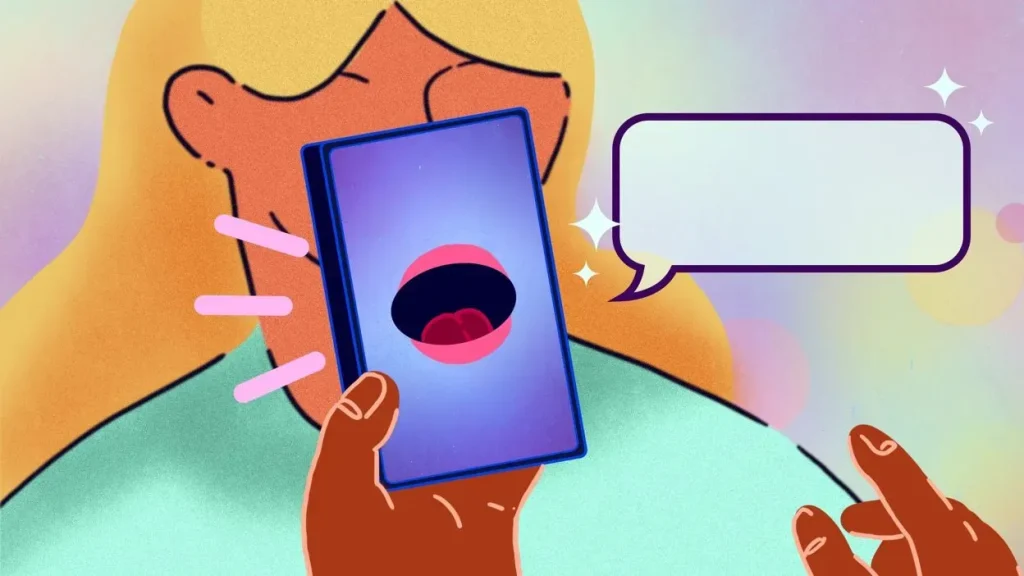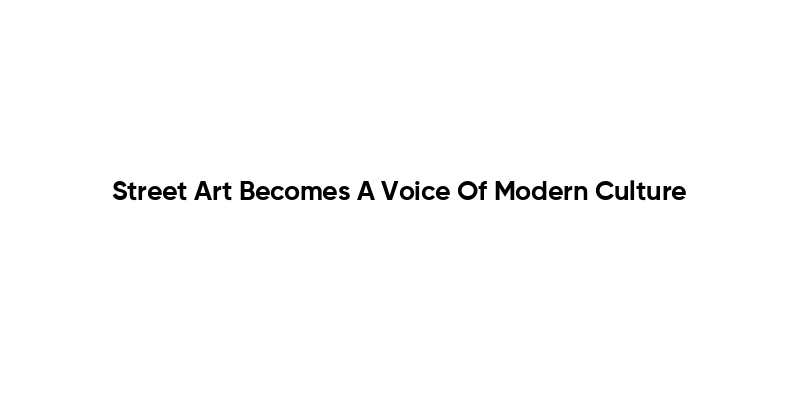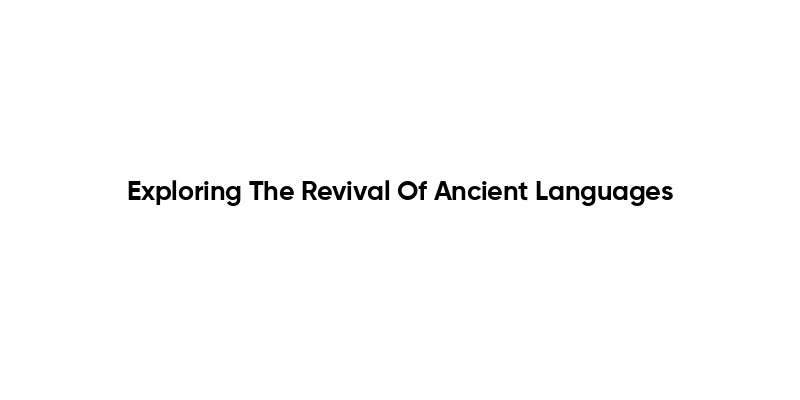Viral internet culture has transformed how we engage with one another online, making every moment ripe for potential exposure and scrutiny. In a world where going viral can happen in mere seconds, individuals are often caught in the eye of the storm, facing the relentless glare of social media scrutiny. The latest episode of internet drama showcased at a Coldplay concert serves as a stark reminder that digital fame can quickly turn into public shaming when private moments are broadcasted and dissected by millions. The viral nature of content today not only entertains but also carries consequences that can upend lives, illuminating the dark side of shareable experiences. As we navigate this complex landscape, the lines between mere visibility and public downfall continue to blur, raising important questions about the ethics of contemporary viral phenomena.
When discussing the phenomenon of viral internet culture, one cannot ignore its broader implications within the digital landscape. The instant fame brought on by social media platforms can elevate ordinary individuals into the spotlight, often due to unexpected incidents that capture the public’s imagination. This phenomenon extends beyond lighthearted memes and flippant content; it now encompasses instances of intense public scrutiny and manufactured outrage, akin to internet drama. In these moments, the quest for digital notoriety rapidly shifts into a double-edged sword, where the normalcy of everyday life collides with the extreme reactions often fueled by online audiences. Navigating fame in this context requires individuals to consider the precarious balance between exposure and the potential repercussions that come with it.
Understanding Viral Internet Culture
Viral internet culture encapsulates the phenomenon of content spreading rapidly across social media platforms, often fueled by a moment of drama or a compelling narrative. In today’s digital landscape, going viral can lead to instant fame or infamy, as seen with the Coldplaygate incident involving Andy Byron and Kristin Cabot. Their unexpected exposure on a jumbotron transformed a personal moment into a spectacle, demonstrating how quickly personal lives can be thrust into the public eye. This incident serves as a stark reminder that, while viral fame can appear glamorous, it often comes with severe repercussions, including public scrutiny and the potential for social media backlash.
The landscape of viral content has evolved, with social media becoming a breeding ground for both delightful and distressing moments that catch public attention. The rapid dissemination of videos, memes, and narratives fosters a culture where individuals and brands are continuously vying for visibility. In the case of Coldplaygate, the internet community’s immediate reaction illustrates how digital fame can oscillate between fascination and judgment. The spectacle of Byron and Cabot’s affair highlights the dual nature of internet fame, where moments of vulnerability can quickly become sources of entertainment, often at the victim’s expense.
Frequently Asked Questions
What is viral internet culture, and how does it impact public figures?
Viral internet culture refers to the phenomena where content, such as videos or memes, rapidly gains widespread attention, often through social media platforms. Public figures, like celebrities and executives, are particularly vulnerable to this culture, as any misstep can quickly become fodder for internet drama, resulting in social media scrutiny and public shaming.
How does going viral affect someone’s personal life and career?
Going viral can have significant repercussions on someone’s personal life, as seen with cases of public shaming. An individual’s mistakes or embarrassing moments broadcasted online can lead to social media scrutiny, loss of privacy, and potential career consequences, such as job loss or damaged reputation.
What role does social media play in the rise of internet drama?
Social media acts as a catalyst for internet drama by amplifying interactions and content visibility. Incidents can escalate rapidly when users share, comment, and create memes about a situation, effectively turning ordinary events into viral sensations that capture public attention and often lead to public shaming and scrutiny.
Can digital fame lead to unintended consequences?
Yes, digital fame can lead to unintended consequences, as the intense scrutiny and attention may quickly transform an individual’s status from admired to vilified. Experiences of public figures often highlight how quickly admiration can turn into backlash, leading to scenarios of public shaming and loss of personal identity.
What lessons can be learned from incidents of public shaming in viral culture?
Incidents of public shaming serve as a reminder of the potential consequences of becoming part of viral internet culture. They illustrate how quickly personal moments can escalate into widespread drama and the importance of being mindful of one’s online presence, especially in a world where going viral can occur in an instant.
How does the concept of doxing relate to viral internet culture?
Doxing, the act of publicly revealing someone’s private information, is a troubling aspect of viral internet culture. When individuals become viral targets, online amateur detectives may dig into their personal lives, making them susceptible to harassment or public shaming, showcasing the dangerous side of gaining digital fame.
What factors contribute to a moment going viral?
Several factors contribute to a moment going viral, including the presence of drama, humor, or relatability, particularly through video-sharing platforms like TikTok. The rapid sharing and engagement possibilities provided by social media allow incidents, whether comedic or scandalous, to catch fire and reach a massive audience.
How can one navigate the pressures of internet fame and scrutiny?
Navigating the pressures of internet fame involves balancing visibility with privacy. For those caught in viral situations, exploiting the attention with grace and humor may mitigate scrutiny, whereas retreating from the public eye can also be an effective strategy to regain control over one’s narrative in the face of online drama.
What are some famous examples of individuals facing public scrutiny from going viral?
Famous examples include Justine Sacco, who faced backlash for a racist tweet, and West Elm Caleb, whose dating history became a viral subject on TikTok. These cases highlight how quickly individuals can transition from obscurity to internet fame, sometimes coupled with severe public shaming and social media scrutiny.
Why is the concept of collective entertainment significant in viral culture?
Collective entertainment reflects how viral culture engages large audiences in observing and discussing the failings or dramas of individuals in the public eye. This shared experience creates a communal response, often resulting in social media scrutiny and public shaming, thereby reinforcing the viral cycle.
| Key Point | Details |
|---|---|
| Coldplaygate Incident | Andy Byron and Kristin Cabot were caught on a jumbotron at a Coldplay concert, leading to viral attention and media coverage. |
| Viral Culture Shift | Going viral has transformed from a dream to a potential personal crisis, as seen in cases like Justine Sacco and ‘Alex from Target’. |
| Public Scrutiny | Increased visibility from video-driven social media blurs lines between private lives and public personas. |
| Doxing Phenomenon | The practice of publicly revealing private information has become a form of entertainment, often without accountability. |
| Consequences of Virality | Byron resigned and Cabot was placed on leave following their viral moment. |
| Comparative Viral Moments | The article reflects on less severe viral moments of the past, illustrating a shift in public interest from amusing mishaps to personal dramas. |
Summary
Viral internet culture has evolved into a complex and sometimes punitive landscape, as illustrated by the Coldplaygate incident. What once might have been a fleeting moment of humor has transformed into a narrative rife with societal consequences and scrutiny. Today, the act of going viral can bring unwanted attention and lasting repercussions, as seen in the case of Andy Byron and Kristin Cabot. In a world where every misstep can be magnified by the digital gaze, the relationship between personal privacy and public perception becomes ever more tenuous. As we traverse the ups and downs of viral internet culture, we must navigate this new terrain with caution, recognizing its potential to amplify the trivial into the catastrophic.



